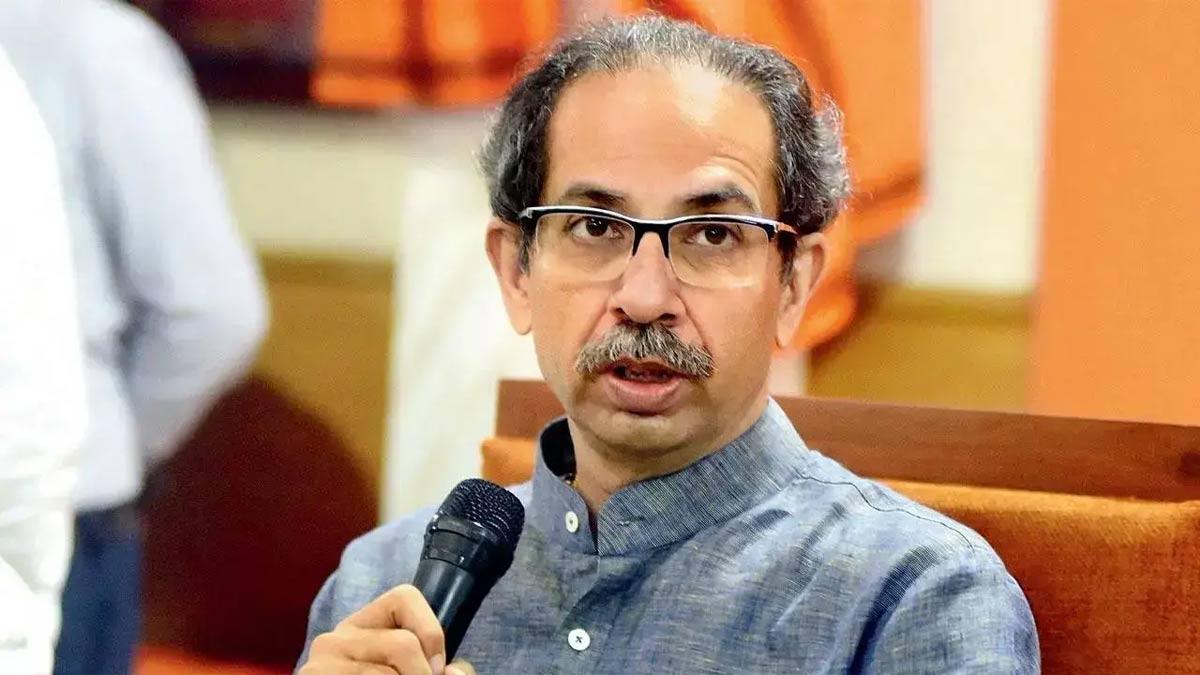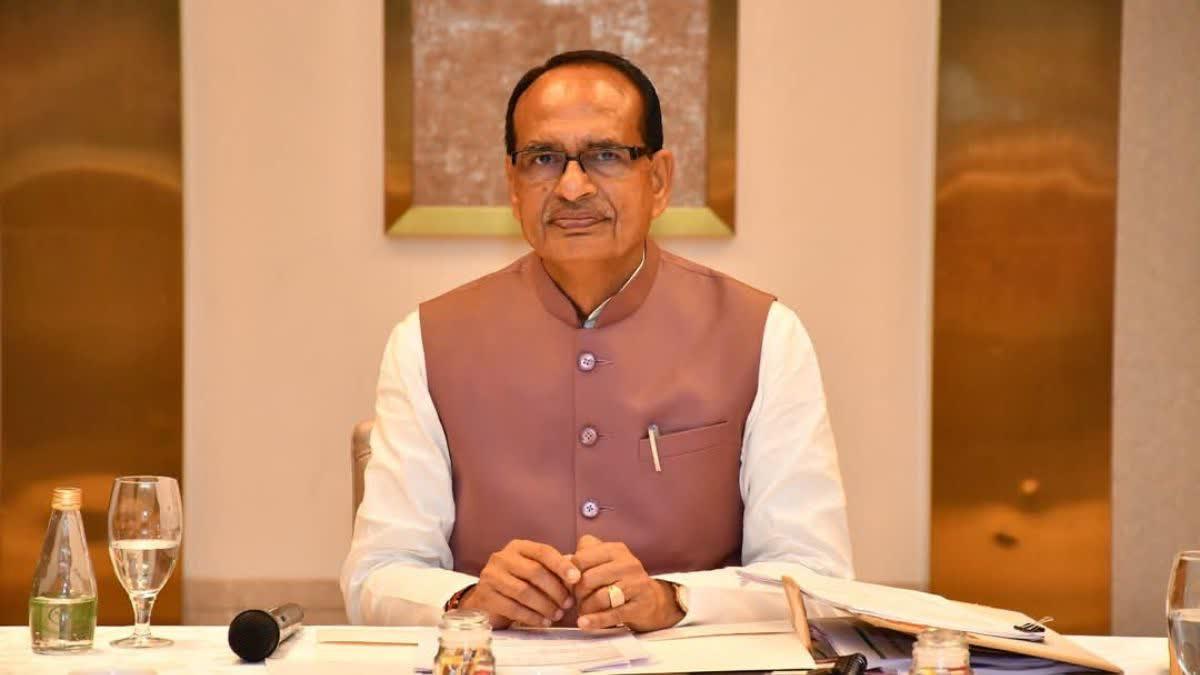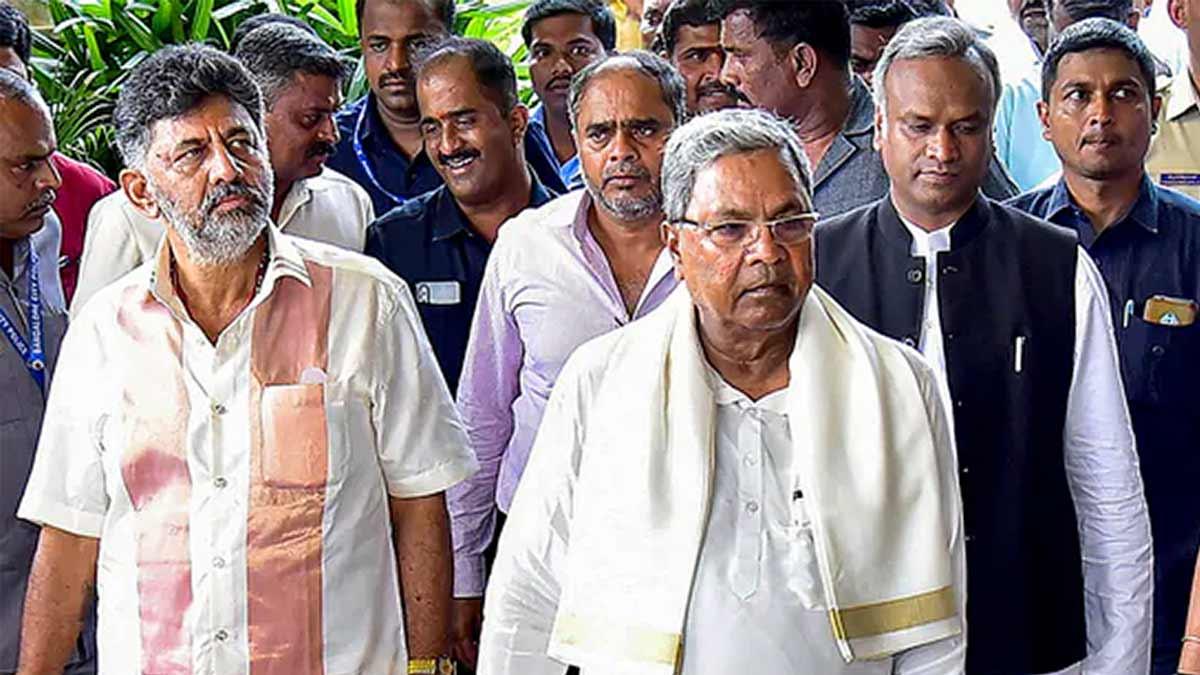A move politically very far-reaching, Prime Minister Narendra Modi's NDA government will now tinker with the Waqf Act to cut down on the arbitrary powers of Waqf Boards to declare any property a "waqf asset" and take control over it.
According to sources close, the Union Cabinet on Friday approved nearly 40 amendments to the Waqf Act. These proposed changes aim to curb powers of the Waqf Board in declaring properties as "Waqf property".
The bill would be tabled in Parliament next week.
The proposed bill, if enacted, would be a major reform in waqf properties' management and governance in India, bringing it at par with what is practiced in most Islamic countries where no single entity has ever enjoyed such vast control, the sources said.
Analysts point out that the move for the introduction of the bill comes at the right time when Assembly elections in Haryana, Maharashtra, and Jharkhand are expected in October.
IANS has gone into the details of the matter and gauged the possible repercussions of the proposed amendments by the government.
What Changes Does the Government Propose?
Through these amendments, the government intends to repeal various provisions of the current Waqf Act. The idea is to curb the discretionary powers of the Waqf Boards, which empower the latter to arbitrarily declare any property as waqf without making any verification compulsory.
What Are the Key Proposed Amendments?
A total of about 40 amendments are proposed. Under the proposed Bill, all claims by Waqf Boards will have to be compulsorily verified in a transparent manner once the law comes into force, according to sources familiar with the development. Alterations in Sections 9 and 14 will alter the composition and the way Waqf Boards function and mandate female representation. The encroachments on properties claimed by Boards will be verified anew to end all disputes. Greater control on preventing misuse is another major aspect of the amendments, and this will be achieved by the induction of District Magistrates into the supervision over Waqf properties.
Why Is the Bill Being Introduced Now?
Sources say mounting concerns over arbitrary powers of Waqf Boards have compelled the government to take this action. The arbitrary powers, which were used by boards to declare vast areas of land as waqf properties, resulted in frequent disputes and allegations of misuses.
What Is the Waqf Act?
The Waqf Act of 1995 deals with 'auqaf,' which refers to properties donated and dedicated as waqf by a wakif, who is a person dedicating the property for a pious, religious, or charitable purpose under Muslim law. The 2013 amendments under the UPA government gave more powers to Waqf Boards, who have been dogged by controversies ever since.
What Are the Government's Objectives?
The proposed amendments endeavour to bring in a more regulated and transparent procedure while declaring waqf properties. They seek to impose checks on the discretionary powers of the boards and their verification mandatorily. Besides, restructuring of the boards and the inclusion of women is likely to ensure greater inclusiveness and accountability.
Read also | UP Set to Meet 'One District, One Medical College' Target Soon: Chief Minister
Read also | Centre to Revise Waqf Act: Limit Powers and Enhance Women's Representation


















